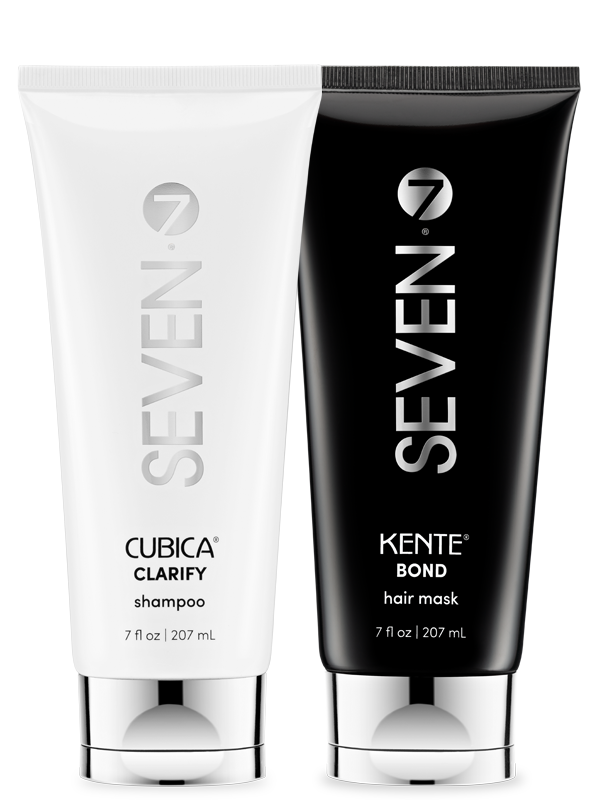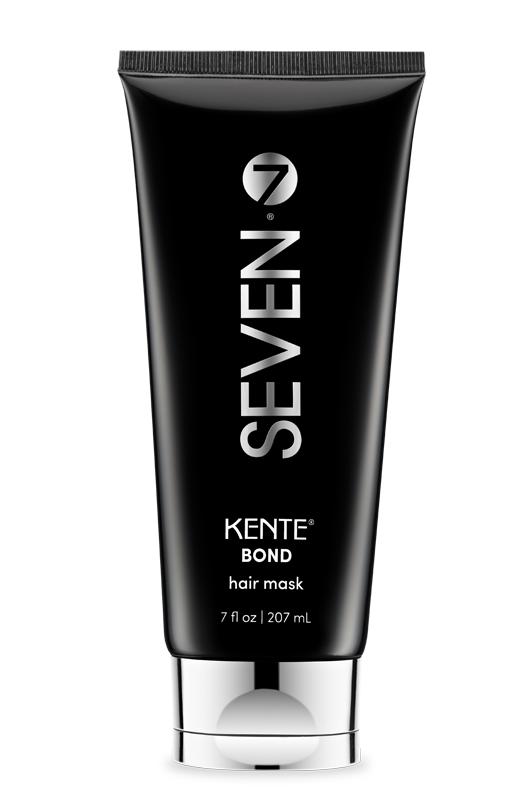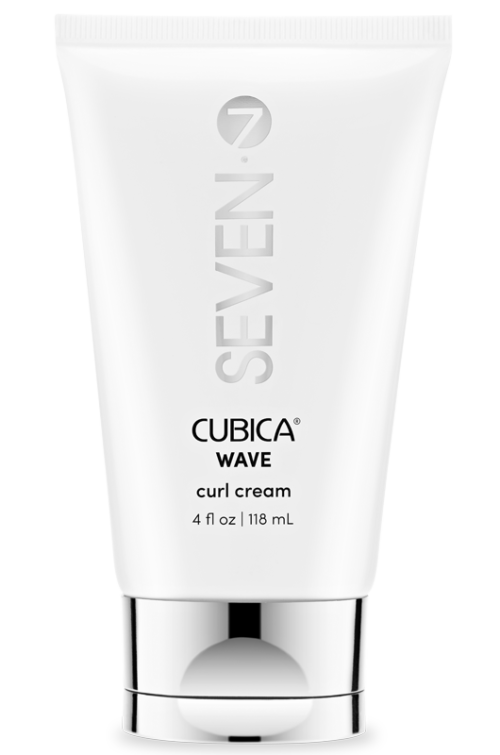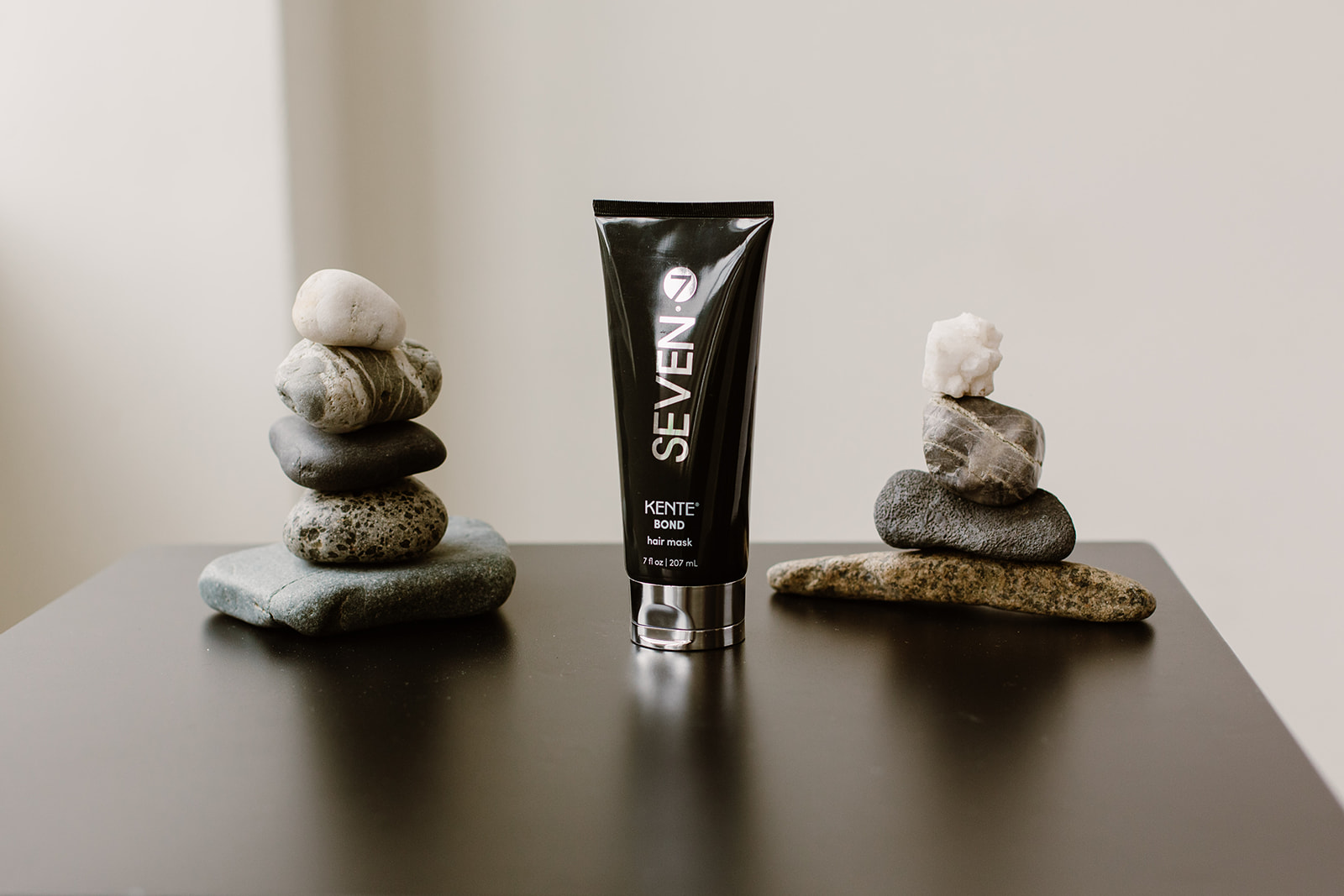
Cocktail Hour
Featured
Science-based
Does your hair have too much protein — or not enough?
If you are dealing with brittle hair or breakage, there is almost certainly damage. In addition there could be an imbalance of moisture and protein in your hair that is contributing to the problem. Here’s why:
Hair strands mostly consist of water and a compact protein called keratin (along with some trace minerals, lipids, and pigment). As the primary components of hair, a balance between protein and moisture is not just important—it is essential.
What is keratin and what does it do for hair?
Keratin is a fibrous protein that the human body produces naturally. It’s found in hair, finger and toe nails, and skin. In fact, two-thirds or more of your hair is made up of keratin proteins, which lend support to the cuticle (the outer layer of the hair) and to the cortex (the internal layer of the hair).
To find out if your hair has a protein and moisture imbalance, run a comb through your hair.
- Hair doesn’t stretch at all and snaps
There is either too much protein in your hair or not enough moisture.
- Hair stretches and then snaps
There is either not enough protein in your hair or too much moisture
Fixing damaged hair: why is my hair breaking?
If you are asking the question, “why is my hair breaking?” then we first need to determine the cause of the damage and how bad the damage is.
Per celebrity stylist Cash Lawless, the easiest way to tell if your hair is damaged is to grab a strand of hair about 6 inches from the end. Healthy hair will fall slightly. If your hair is limp and flops down it likely needs more protein. If that strand is stiff and does not bounce like healthy hair does, you either have extreme damage or too much protein in your hair.
Fixing damaged hair: what kind of hair needs protein?
High porosity hair has lots of gaps in the cuticle and lets water (often too much water) bloat the strand. In general, the coarser your hair is, the more cuticle it has and the more likely it is to be porous. Curly hair and hair that has been processed—bleached hair, straightened hair, color treated hair, etc—are more likely to be porous. Protein can support the restructuring of bonds in hair which will lead to more strength and less porosity.
On the other hand, low porosity hair that has a relatively sealed cuticle in its natural state does not need much protein. In fact, proteins can build up on low porosity hair and ultimately lead to breakage.
Fixing damaged hair: the test for protein buildup on hair.
Cash says, “The way to tell the difference between too much protein in your hair and extremely damaged hair is pretty easy. Take a section of your hair, pull it taught, then drop a bead of water onto it from about one centimeter away.”
Here is a rundown of the results and what they mean:
- Healthy hair:
Flops at the end + Repels a drop of water from a close distance.
- Damaged or porous hair:
Stiff at the end + Soaks up the drop of water from a close distance.
- Too much protein in hair:
Stiff at the end + Repels a drop of water from a close distance.
Cash says you can visually check as well. “If the hair feels like straw, that’s a good sign of damage. If there is too much protein deposited in the hair it loses elasticity. It becomes stiff, rigid, and therefore more susceptible to breakage under lesser amount of tension. Combine this with already damaged hair and it is a recipe for disaster.”
What should I do if my hair has too much protein?
Luckily, too much protein in your hair can be fixed fairly easily through conditioning. You want to make sure your hair gathers moisture and holds it in. Here are a few SEVEN moisturizing hair products to help you out of the danger zone.
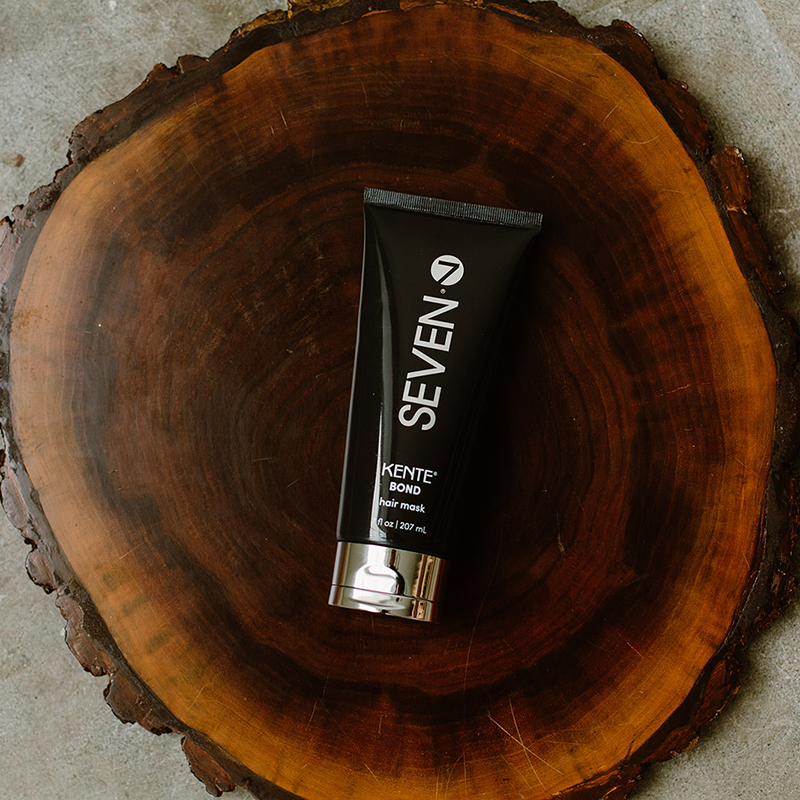
Infused with a clinical level of Pro Vitamin B5 and hydrating glycerin, BOND hair mask gives your hair a kick that kick of moisture it needs.
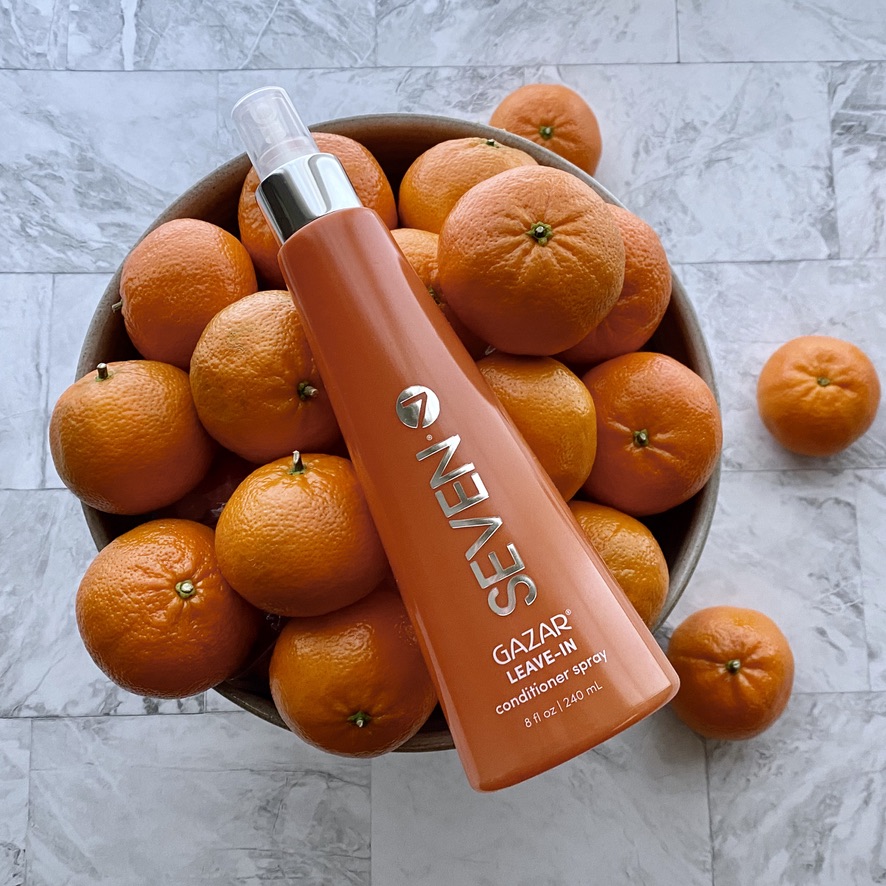
High in omega-9 fatty acids, abyssinian oil adds slip, making LEAVE-IN great for detangling hair and decreasing hair breakage.
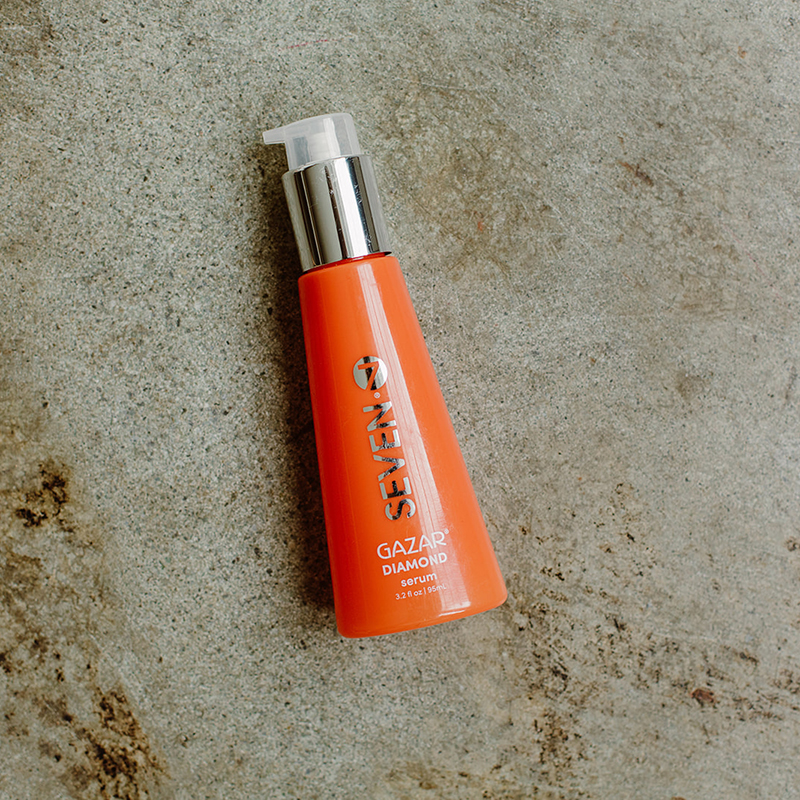
The coconut oil in DIAMOND serum penetrates the hair fiber and attaches to hair’s protein structures, preventing swelling from too much water.
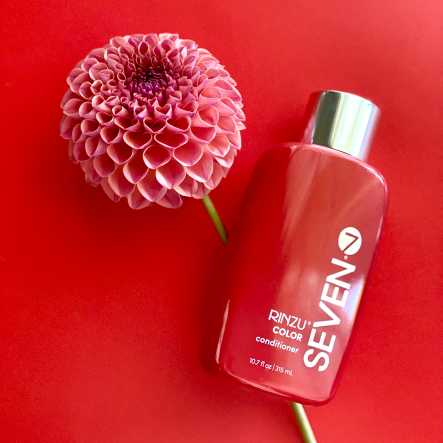
The composition of jojoba oil in COLOR conditioner allows it to easily penetrate the hair fiber, moisturizing, conditioning, and supporting healthy hair from its core.
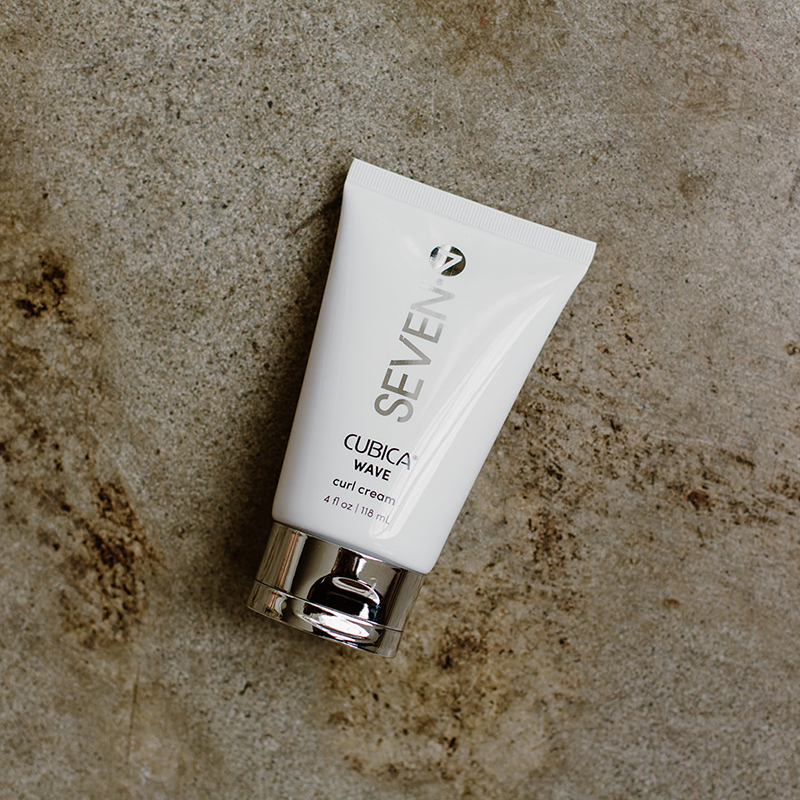
Lightweight and penetrating, the organic argan oil in WAVE curl cream seals in moisture, reduces flyaways, and calms down frizz.
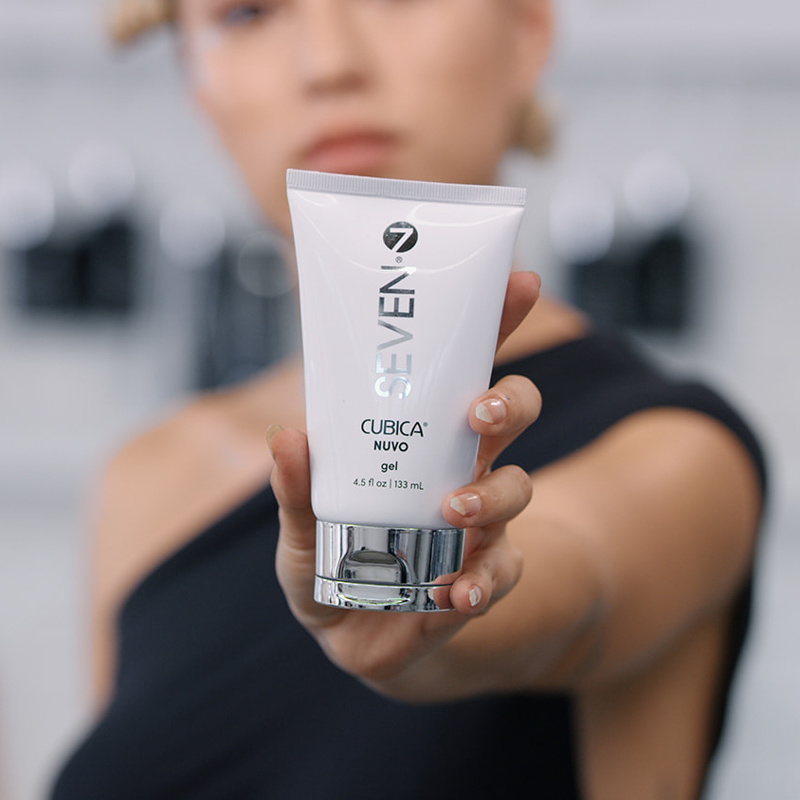
The glycerin in NUVO gel binds with the moisture in the air, drawing it in and providing your hair with long-lasting moisture retention.
Will SEVEN products over-proteinize my hair (aka add too much protein)?
All SEVEN products are carefully designed to keep hair in balance. That means enough protein to support strength without over-saturating hair. They will not add too much protein, but if you already have too much protein in your hair, you will want to rely on deeply moisturizing treatments like our Kente® BOND hair mask to give the boost of conditioning your hair needs.
Is there a difference between moisturized hair and hydrated hair?
Though they are often used interchangeably, moisturized hair and hydrated hair are slightly different. Hydration sends water into the interior of the hair shaft. Moisturizing creates a barrier, effectively sealing moisture inside.
Is the BOND treatment a protein hair mask or a moisturizing hair mask?
BOND is primarily a moisturizing mask. Glycerin for hair is hydrating. It is a humectant that draws water from the air into the hair. Additionally, present in the hair mask at a clinical level, Pro Vitamin B5 penetrates hair and prevents loss of moisture. In other words, it moisturizes the hair after it has been hydrated. Healthy hair is all about balance, however, so hydrolyzed quinoa and a proprietary blend of amino acids are also used in the hair mask to strengthen hair from its very core.
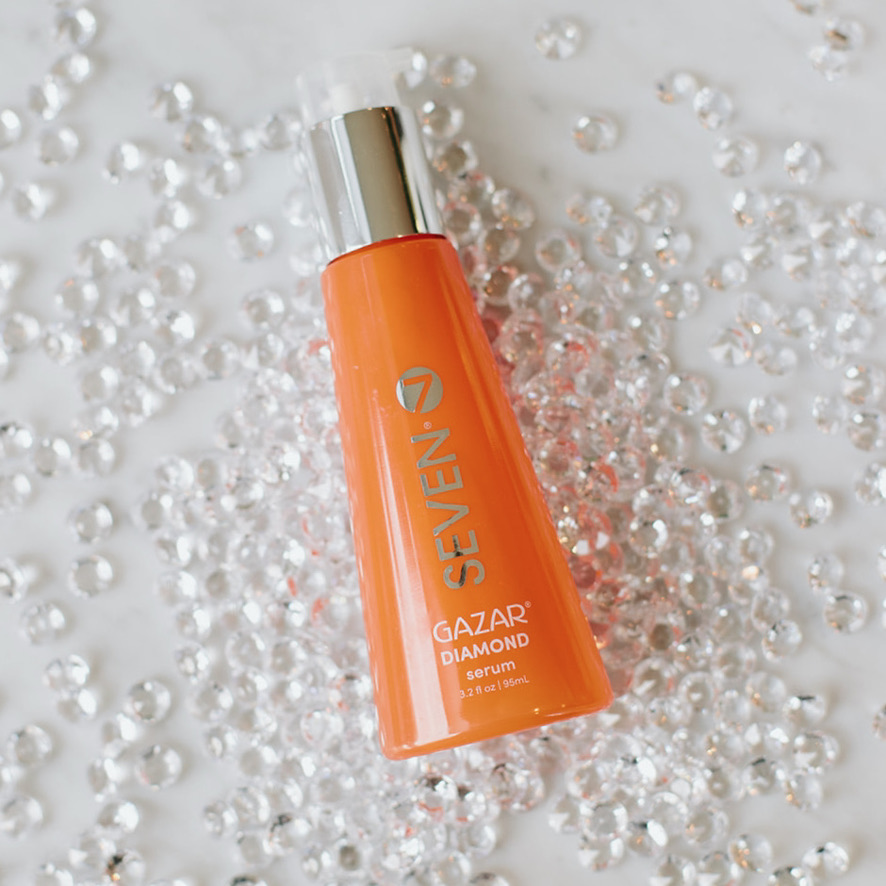
What oils hydrate hair best?
Trick question! Oils do not hydrate hair, they moisturize. That is, they form a protective layer that can help seal in moisture. Fun fact: they do the same thing for your skin.
Want to find out more about moisture in your hair and how you can over do it? Check out Part 2: Moisturizing Hair.





